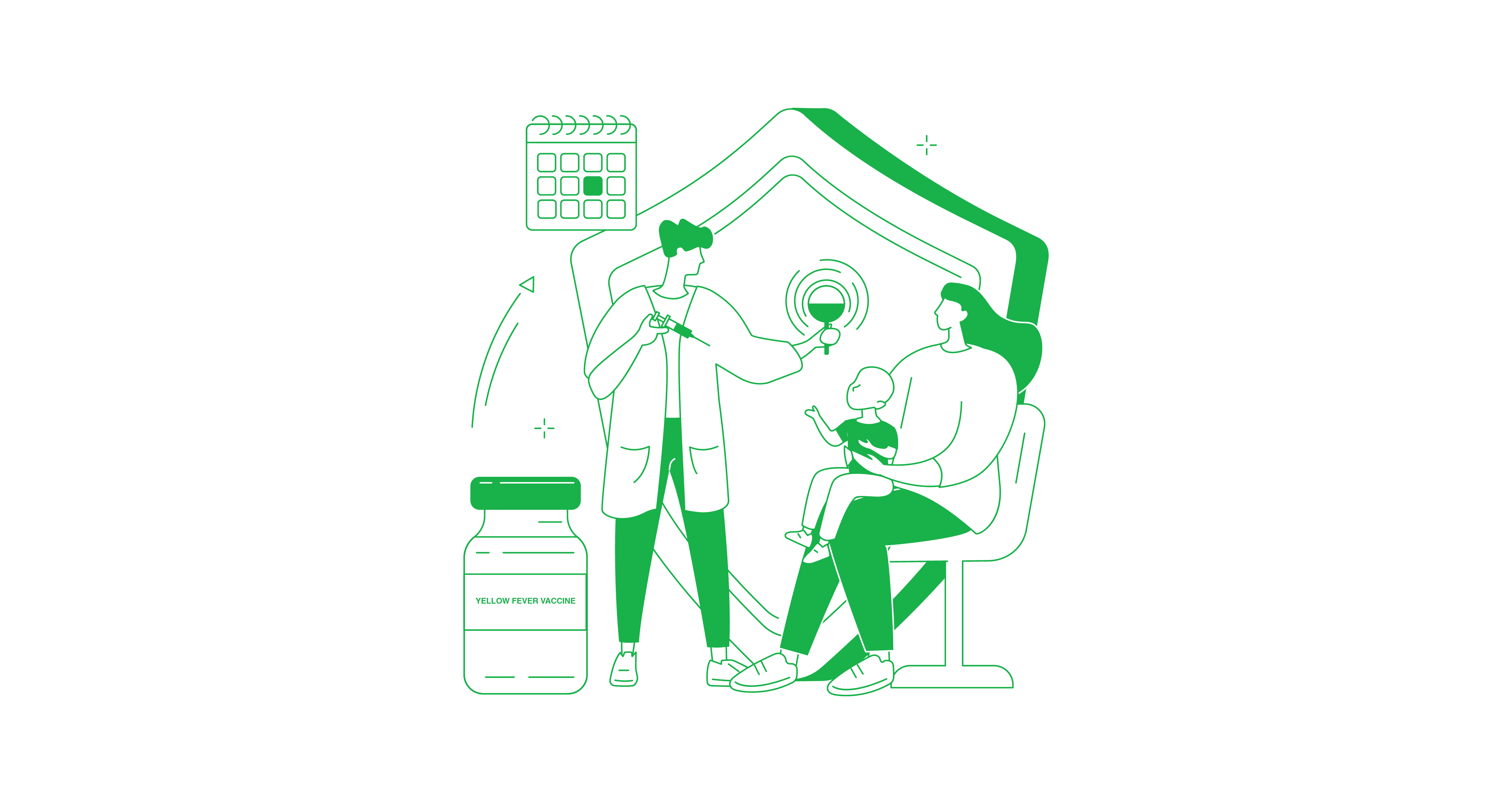In today’s fast-paced world, getting a good night’s sleep can sometimes feel like an elusive goal. Many people turn to over-the-counter medications like Benadryl (diphenhydramine) or its generic alternatives for relief. While these medications can be effective in promoting sleep, they may not be the healthiest or safest option in the long term. In this article, we’ll explore why relying on Benadryl for sleep may not be the best choice and suggest some healthier alternatives to consider.
Can I Use Benadryl to Sleep?
The Problem with Benadryl for Sleep
While Benadryl is primarily known as an antihistamine used to treat allergies, it also has sedative effects that can make it effective for promoting sleep. However, using Benadryl as a sleep aid comes with several potential drawbacks:
- Risk of Side Effects: Benadryl can cause side effects such as drowsiness, dizziness, dry mouth, and blurred vision. These side effects may persist into the next day, leading to daytime drowsiness and impaired cognitive function.
- Tolerance and Dependence: Over time, your body may become tolerant to the sedative effects of Benadryl, requiring higher doses to achieve the same level of sleepiness. This can lead to dependence on the medication for sleep, making it difficult to sleep without it.
- Potential Health Risks: Long-term use of Benadryl as a sleep aid has been associated with an increased risk of cognitive decline, dementia, and other health issues, particularly in older adults.
Healthier Alternatives to Benadryl
Fortunately, there are safer alternatives to Benadryl for promoting better sleep. Here are some options to consider:
- Hyland’s Calm Sleep Aid: Hyland’s Calm Sleep Aid is a natural and gentle solution crafted to promote restful sleep and relaxation. With a blend of time-tested ingredients such as chamomile and passionflower, it offers a non-habit forming way to ease occasional sleeplessness and soothe the mind before bedtime. Designed to support the body’s natural sleep cycle, Hyland’s Calm Sleep Aid provides a sense of tranquility, helping you drift off to sleep peacefully and wake up refreshed.
- ZzzQuil: ZzzQuil is an over-the-counter sleep aid that contains diphenhydramine, the same active ingredient found in Benadryl. While it works similarly to Benadryl to promote sleep, using ZzzQuil may be preferable as it is specifically formulated for nighttime use and may have fewer side effects.
- Melatonin: Melatonin is a hormone that regulates the sleep-wake cycle and is available as a dietary supplement. Taking melatonin supplements can help regulate your sleep patterns and promote better sleep, particularly for those with insomnia or jet lag. Melatonin is generally considered safe for short-term use, but it’s essential to consult with a healthcare professional before starting any new supplement regimen.
- Behavioral Techniques: Cognitive-behavioral therapy for insomnia (CBT-I) is a highly effective treatment for chronic insomnia that focuses on changing behaviors and thought patterns that contribute to sleep difficulties. Techniques such as relaxation training, stimulus control, and sleep restriction can help improve sleep quality without the need for medication.
- Consulting with Your Doctor: If you’re struggling with sleep issues, it’s essential to talk to your healthcare provider. They can help identify any underlying medical conditions or lifestyle factors that may be contributing to your sleep difficulties and recommend appropriate treatment options. Your doctor may also prescribe medications or refer you to a sleep specialist for further evaluation and management.
Conclusion
While Benadryl and similar medications can be effective for promoting sleep in the short term, they may not be the healthiest or safest option in the long run. Instead of relying on medications like Benadryl for sleep, consider trying healthier alternatives such as ZzzQuil, melatonin supplements, or behavioral techniques like CBT-I. And remember, always consult with your healthcare provider before starting any new sleep regimen to ensure it’s safe and appropriate for you. With the right approach, you can achieve better sleep without compromising your health and well-being.

